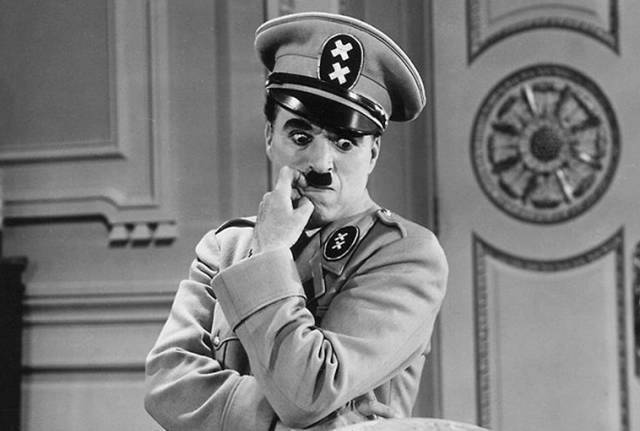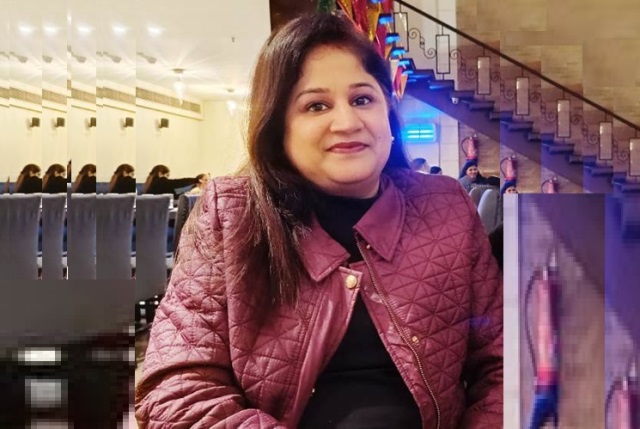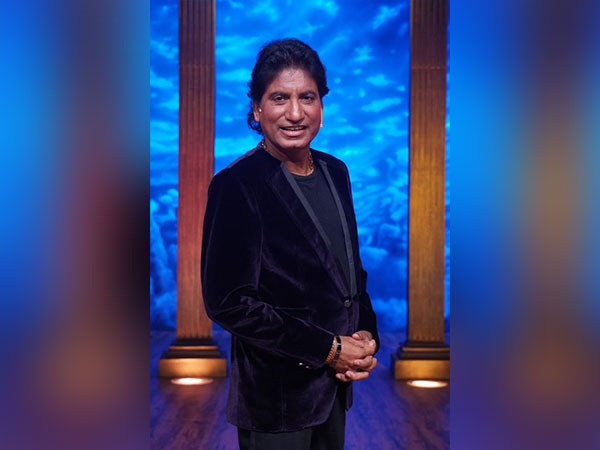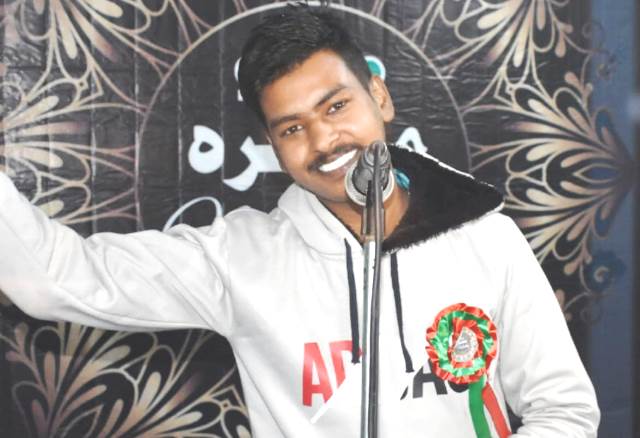I have a perfect cure for a sore throat: cut it.
–Alfred Hitchcok
There is something terribly wrong with people who hate humour. Why only humour, if you don’t like dark metaphor, a spoof, a verbal caricature, or even an argument, there should be space to accept it and let it pass.
It’s not that all such people are absolutely perfect in their social conduct and everyday behaviour, including in private spaces. It’s just that alignment with power makes them parasitic to power – the government is with them, the cops look the other way, they can do whatever goddamned nonsense they want. If they don’t have political power on their side – most of them would turn into wimps, with neither character nor identity.
That is why almost all of them hate young couples, or a young man or woman just being friends in a public space. They would vandalise the place, and torment them, as if it is all written in their holy scriptures. Clearly, they hate love, affection, tender feelings; they themselves seem totally incapable of love or deep human emotions.
Indeed, if you can’t take humour as dissent, then a modern democracy is not fit for you. You might go back to the Tsarist times, or Soviet Russia under Stalin, or any routine Orwellian dictatorship, and celebrate both censorship and self-censorship. That is why Mikhail Bakhtin wrote about the simple-looking peasants of Russia cracking acidic jokes and dismantling the Tsarist empire through their double-meaning innuendos, dark humour, and sing-song caricature. It could be a marriage, or a funeral, or just drunken camaraderie in a village pub, they would be acidic and relentless, followed by rustic laughter all around as collective catharsis.
If people can’t have catharsis using dissent and caricature, they are doomed to rot in a repressed state of permanent morbidity, letting out their frustrated, perverse violence on young couples, or on places like the Habitat in Mumbai. Pray, if you are not a ‘traitor’ and party-hopper, which is as commonplace in India as political double-speak, why take offense?
Charlie Chaplin went into exile because the ‘red-under-the-bed’ trauma was haunting the puritans of the Cold War witch-hunt in America. You can very well ask, so why were they so traumatised by the epic called The Great Dictator made in 1940, soon after the Nazis invaded Poland, even while the Holocaust was in full bloom. So why did they so badly resent a dark spoof on Adolf Hitler? Did it show them the cracked mirror about their own basic instincts?
Not only Chaplin. Several others were hounded, like playright Arthur Miller, and other screenwriters and directors in Hollywood. In the same manner as Donald Trump is going after all and sundry, including students, who are seeking freedom for Palestine and an end to the ongoing genocide in Gaza. You arrest a Mahmoud Khalil of Columbia University, and you are sending a sinister message – that no one will be spared. Is Adolf Hitler the new role model for the new establishment in the US?
There was a time when Bombay cinema celebrated the intelligent comedian as an important character in the scheme of things. Johnny Walker, as a comic star, would have lovely songs (Aie dil hai mushkil jeena yahan… for instance), fabulous dialogues, and a romantic role to play as well. And who can forget Asrani and Jagdeep in the cameos in Sholay? Jagdeep’s son, Javed Jaffrey, is fabulous, but who cares a damn for such spoofy brilliance in Bollywood?
ALSO READ: ‘Torn Between The Choice To Be Humorous Or Be Safe’
And why only comedians? Top stars like Dilip Kumar, Dharmendra and Amitabh Bachchan could do it so well. Remember Dilip Kumar in Sagina Mahato? Or Dharmendra in Sholay, Chupke Chupke and Pratigya, in which, as a drop-out with a shady past, he sets up a fake cop station in a country liquor shop in a nameless village, taking the locals for a jolly good ride?
Amitabh Bachchan was superb with his staccato sentences in Sholay — “tumhara naam kya hai Basanti…”, while surpassing his own talent in Amar Akbar Anthony, especially in the scene when he gets bashed up by a sturdy cop (Vinod Khanna) and talks to the mirror, half-drunk. Even Sridevi was simply ‘too much’ in Chaalbaaz, mixing ‘ghaslate’ in the country booze of a bindaas taxi driver, Rajni Kant.
Now that comic star is gone, so is the vamp, the villain or the happy sister, in Bollywood — all of whom had solid characters. Like Nadira or Shashikala. Or, Johnny Walker as Morari Lal in Anand. Or a genius called Pran, in all his films.
Now all you have is a cliched superstar with one to two expressions in a 100 crore plus, third-rate flick, with no script or story, flexing his steriod muscles, with the heroine as a two-minute, scantily-clad item girl — Sheila ki jawani… or Fevicol. The degeneration is almost perfect in its action-replay.
Cut to the present times. All that stand-up comedian Kunal Kamra sings or speaks need not be in good taste. For instance, his body-shaming the son of Ambani is truly deplorable, or referring to a woman prime minister in Europe with a not-so-tongue-in-cheek remark. He might not agree with her politics, but attacking her character is in rank bad taste. Surely, Kamra should exercise more restrain, and vet his script with a certain editorial precision, blue pencil in hand, in the future.
Even then, Kamra, now ageing and having put on more weight, must have the right to speak and sing spoof. He has been brave all the way, and deserves all the solidarity, from all the intelligent people who appreciate humour and dissent. Indeed, we might agree or disagree with what he speaks or sings, but we will defend his right to freedom of expression.
After all, like Rahul Gandhi, he was holding the little Red Book as his sacred paradigm and text – not by Mao, but penned by Dr BR Ambedkar – the Constitution of India.




